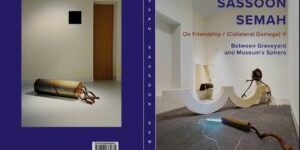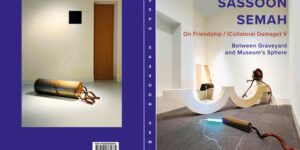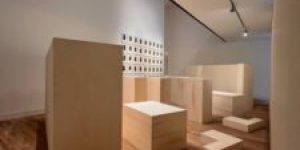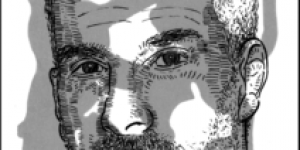Sarah Ehrlich ~ Farhud Memories: Baghdad’s 1941 Slaughter Of The Jews
No Comments yet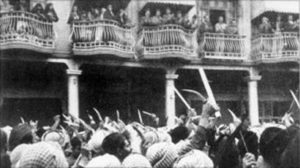 BBC News. June 2011.
BBC News. June 2011.
On 1 June 1941, a Nazi-inspired pogrom erupted in Baghdad, bringing to an end more than two millennia of peaceful existence for the city’s Jewish minority. Some Jewish children witnessed the bloodshed, and retain vivid memories 70 years later.
Heskel Haddad, an 11-year-old boy was finishing a festive meal and preparing to celebrate the Jewish festival of Shavuot, oblivious to the angry mob that was about to take over the city.
Thousands of armed Iraqi Muslims were on the rampage, with swords, knives and guns.
The two days of violence that followed have become known as the Farhud (Arabic for “violent dispossession”). It spelt the end for a Jewish community that dated from the time of Babylon. There are contemporary reports of up to 180 people killed, but some sources put the number much higher. The Israeli-based Babylonian Heritage Museum says about another 600 unidentified victims were buried in a mass grave.
“On the first night of Shavuot we usually go to synagogue and stay up all night studying Torah,” says Haddad, now a veteran ophthalmologist in New York.
“Suddenly we heard screams, ‘Allah Allah!’ and shots were fired. We went out to the roof to see what’s happening, we saw fires, we saw people on the roofs in the ghetto screaming, begging God to help them.”
The violence continued through the night. A red hand sign, or hamsa, had been painted on Jewish homes, to mark them out. Families had to defend themselves by whatever means they could.
Read more: https://www.bbc.com/news/world-middle-east-
You May Also Like
Comments
Leave a Reply


